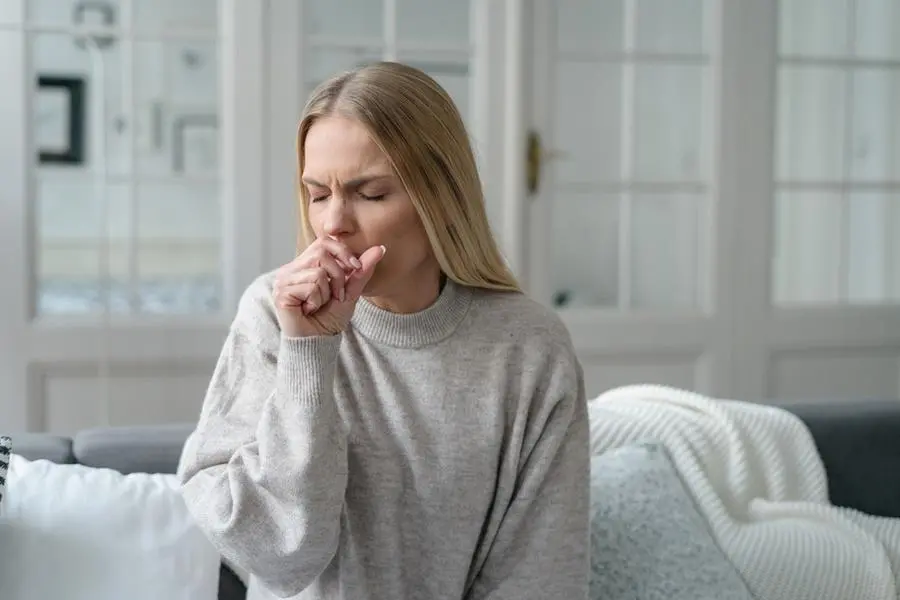Understanding Pneumonia Dubai
Pneumonia Dubai is a serious lung infection that inflames the air sacs (alveoli) in one or both lungs, often filling them with fluid or pus. This condition can be caused by bacteria, viruses, or fungi and affects people of all ages, though infants, the elderly, and those with weakened immune systems are more vulnerable. In Dubai’s urban environment, where air pollution, sand exposure, and seasonal flu are common, pneumonia poses a growing health concern.
What Causes Pneumonia in Dubai?
Pneumonia develops when germs enter the lungs and the body’s defense system fails to stop the infection. The main causes include:
- Bacterial infections such as Streptococcus pneumoniae
- Viral infections like influenza or COVID-19
- Fungal infections from inhaling spores in dusty environments
- Aspiration pneumonia, caused by inhaling food, liquid, or vomit into the lungs
The dry climate and fluctuating temperatures in Dubai make respiratory illnesses more prevalent, especially among those with chronic diseases or allergies.
Recognizing the Symptoms of Pneumonia
Symptoms of Pneumonia Dubai can vary from mild to life-threatening. Common signs include:
- Persistent cough producing phlegm
- Fever, chills, or sweating
- Shortness of breath
- Chest pain during breathing or coughing
- Fatigue and weakness
- Confusion, especially in older adults
Early recognition of these symptoms is crucial to prevent complications such as sepsis or respiratory failure.
Diagnosis of Pneumonia in Dubai
Healthcare providers in Dubai use advanced diagnostic tools to confirm pneumonia. The process may include:
- Physical examination – listening to the lungs for abnormal sounds
- Chest X-ray or CT scan – to detect infection and lung inflammation
- Blood tests – to identify infection-causing bacteria or viruses
- Sputum culture – to pinpoint the exact microorganism responsible
Modern hospitals and clinics in Dubai ensure accurate diagnosis using cutting-edge imaging and laboratory facilities.
Best Treatment Options for Pneumonia Dubai
The treatment for Pneumonia Dubai depends on the cause, severity, and patient health condition. Here are the most effective treatment methods:
1. Antibiotic Therapy
For bacterial pneumonia, doctors prescribe antibiotics to fight the infection. Common types include macrolides, fluoroquinolones, or beta-lactams. It’s essential to complete the full course to prevent antibiotic resistance.
2. Antiviral or Antifungal Medications
Viral pneumonia may require antiviral drugs, while fungal pneumonia is treated with antifungal medications. The correct treatment depends on lab test results to ensure precise targeting of the infection.
3. Oxygen Therapy
Patients with severe pneumonia often experience breathing difficulties. Oxygen therapy helps maintain adequate oxygen levels in the blood, ensuring the lungs function properly during recovery.
4. Hospitalization and Intravenous Fluids
Severe cases of Pneumonia Dubai may require hospitalization. IV fluids, antibiotics, and continuous oxygen support help stabilize patients and speed up recovery.
5. Home Care and Rest
Mild pneumonia can often be managed at home with adequate rest, hydration, and doctor-prescribed medications. Avoiding smoking and exposure to air pollutants is vital for recovery.
Preventive Measures for Pneumonia in Dubai
Prevention plays a major role in reducing pneumonia risk. Here’s how you can protect yourself and your family:
- Vaccination: The pneumococcal vaccine and annual flu shots help prevent common pneumonia-causing infections.
- Healthy Lifestyle: A balanced diet, regular exercise, and adequate sleep strengthen immunity.
- Avoid Smoking: Smoking damages lung tissue, making you more susceptible to infections.
- Hand Hygiene: Regular handwashing reduces the transmission of viruses and bacteria.
- Avoid Exposure: During sandstorms or flu season, wear masks and stay indoors when possible.
Complications from Untreated Pneumonia
Ignoring or delaying treatment for Pneumonia Dubai can lead to severe health issues such as:
- Sepsis: A life-threatening immune response to infection.
- Lung abscess: Pockets of pus forming in the lungs.
- Respiratory failure: When the lungs can’t supply enough oxygen.
- Chronic lung damage: Long-term breathing difficulties due to scarring.
These risks highlight why timely medical attention and proper care are essential.
Recovery Tips After Pneumonia
Once treated, it’s important to follow a structured recovery plan. Drink plenty of fluids, get enough rest, and slowly return to physical activity. Follow-up visits help monitor lung function and prevent recurrence.
When to Seek Medical Help
Seek immediate medical attention if you experience:
- Persistent high fever
- Difficulty breathing
- Chest pain that worsens
- Confusion or drowsiness
- Bluish lips or fingernails (a sign of low oxygen levels)
5 Frequently Asked Questions (FAQs)
- Can pneumonia be treated at home?
Mild cases of Pneumonia Dubai can often be treated at home with medication and rest, but severe infections require hospital care. - Is pneumonia contagious?
Yes, bacterial and viral pneumonia can spread through coughs and sneezes. Good hygiene and mask use help reduce the risk. - How long does recovery from pneumonia take?
Recovery time depends on severity—usually between 2 to 6 weeks. Older adults or those with other health issues may take longer. - What foods help with pneumonia recovery?
Foods rich in antioxidants, vitamins C and D, and protein (like fruits, vegetables, and lean meat) help boost immunity and healing. - Can pneumonia cause long-term lung problems?
If left untreated, pneumonia can lead to lung scarring and chronic respiratory conditions. Early treatment prevents long-term damage.
Conclusion
Pneumonia Dubai remains a serious but treatable respiratory condition. With modern healthcare facilities, advanced diagnostics, and effective treatment options, patients in Dubai can recover fully when medical care is sought promptly. Preventive steps such as vaccination, good hygiene, and healthy living further protect against infection. Early diagnosis and consistent treatment are the keys to preserving lung health and avoiding complications.


